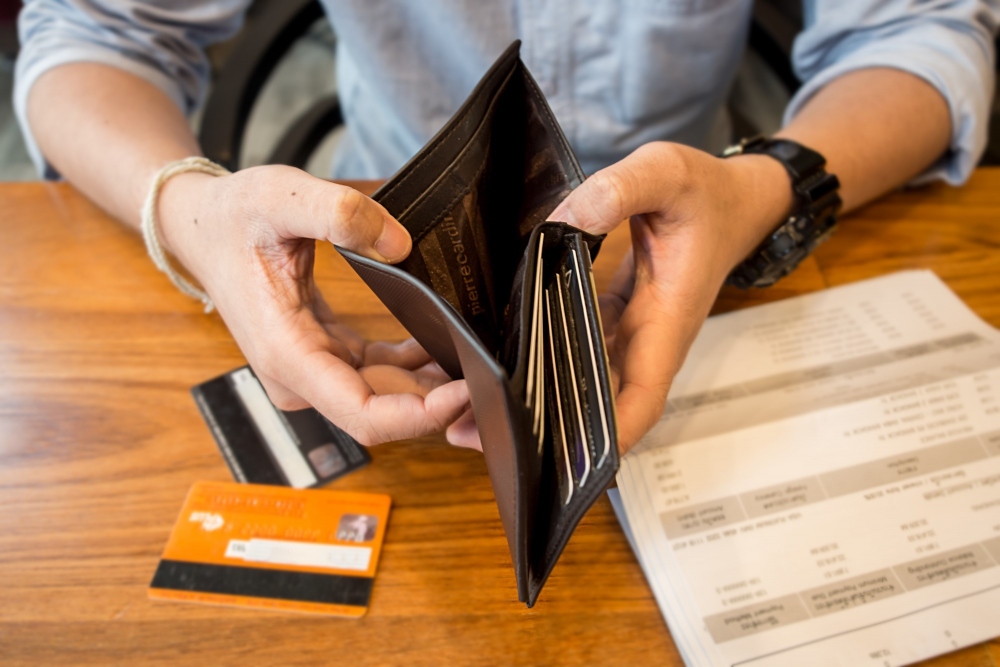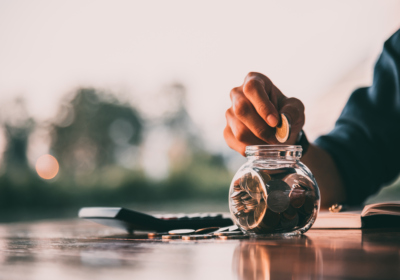Do you spend a lot of your hard-earned money on shopping? Do you sometimes wonder whether or not your consumerism constitutes an addiction?
As shopping becomes easier than ever before, the potential for reckless shopping has increased. Before, people used to need to go to stores to purchase items. Now, anyone with an internet connection and a shipping address can order online and have items delivered to their doorstep.
But does this qualify as an addiction? And how do you know whether or not you have a shopping addiction?
Below, we go into what constitutes an addiction, how to determine whether or not you have one, and how to help an addict. Keep reading to learn more!
What Is an Addiction?
Knowing the correct, clinical definition of the word “addiction” becomes the first step toward identifying whether or not you have one. After all, most people we consider addicts partake in behaviors others do on a regular basis, such as drinking alcohol or gambling.
Psychologists define addiction as any behavior someone does compulsively and in excess, regardless of consequences. For instance, someone who drinks too much might find their drunkenness interferes with their daily life, or someone who gambles in excess might find themselves unable to pay for necessities.
These people usually demonstrate a lack of control. They feel as if it is impossible for them to stay away from their addictive behavior, making it hard for them to quit. They often seek out social situations that fuel their addiction or partake in their addiction secretly in order to avoid the stigma.
How Do We Develop Addictions?
As a survival mechanism, every person’s brain is wired to send out biochemical rewards in response to a variety of actions. When we eat, for example, our brain produces a chemical reward that makes the experience enjoyable, encouraging us to continue eating day after day.
This assisted us monumentally when we were hunter-gatherers. It drove us to survive. As society developed, survival became easier, with food sources more consistent. Still, our reward centers remain active, and they’re activated when we do things that give us pleasure.
As a result, many people develop addictions. We may not need extra clothing, but we love shopping for it! People who are unable to regulate their actions in response to these awards develop addictions.
Is Shopping an Addiction?
Addictive consumerism, also known as compulsive buying disorder, affects 18 million adults in the United States. It consists of an uncontrollable urge to spend money, whether or not one has the financial means to do so.
For many people, the disorder prompts them to spend far beyond their actual financial capabilities. They may rack up credit card debt or find themselves unable to afford basic necessities, such as food or shelter.
People who have a shopping addiction may mostly purchase one type of item, such as clothes or books, or they might buy a wide swath of them. Some even compulsively buy stocks, risking their money by potentially investing it unwisely.
Yet, compulsive buying is not recognized as a distinct disorder by the American Psychiatric Association (APA). Still, many people regard it as an addiction worthy of concern and treatment.
Do You Have a Shopping Addiction?
So, how do you tell if you have a shopping addiction? What are some of the symptoms?
When you have a compulsive buying disorder, you may shop to cope with the everyday stress in your life. You may also obsess about shopping when you’re not doing it and spend copious amounts of time figuring out how to do it.
Those who feel self-conscious about their spending might hide their purchases from their friends, families, or significant others. They may lie about how much they spend or purchase items they don’t need.
Some also max out their credit cards or struggle to get out of debt.
These symptoms are usually accompanied by a feeling of euphoria when they make a purchase or failed attempts to curb their shopping tendencies.
How Do you Break Your Shopping Addiction?
So, are you wondering how to break an addiction or help someone you know who is struggling?
First of all, if you’re a person going through an addiction, remember to be kind to yourself. You are not your addiction, and many other people have compulsive buying disorder as well. As you strive to break your addiction, remember to take time for yourself and not judge yourself too harshly.
Start by seeking professional help. A counselor or psychiatrist might be able to give you helpful tools and provides someone whom you can find confide in. If you can’t afford this kind of help, tell a trusted companion about your struggles and ask them to help keep you accountable.
Then, destroy any credit cards and delete the information of cards you have stored online. This keeps you from being able to buy anything easily. Use a website blocking tool to keep yourself from accessing any sites where you make unnecessary purchases.
If you regularly meet friends to go shopping, tell them about your new endeavor and ask them to meet you for social activities that don’t involve shopping.
What If You Know an Addict?
But what if you’re not the addict but rather a concerned loved one?
First, remember to be kind to them. Aggressive pushing might come across as negative, so being kind (without enabling them) should be your first priority. Second, speak to them when they aren’t in the middle of a shopping spree and are calm and in a decent mood. Remain calm and gentle, express your concern, ask them open-ended questions, and love them.
You should also come prepared with some resources. Give them the contact information of a therapist or psychiatrist and offer to help them plan their recovery.
Remember that it is not your job to “fix” the other person. Unless you sense they are in a life-threatening mental state, you should allow the decision to start the recovery journey to be their own.
Sometimes, however, addictions coincide with other mental illnesses. If you suspect that your loved one might have a plan to harm themselves, you should call 911 or a suicide hotline.
Want More Advice?
If you struggle with an addiction to shopping and want to get help, we hope the information above helped you.
Shopping addictions often do great damages to a person’s finances. Yet, if you follow the steps above to get help for you or your loved ones, you can start on the path to a healthier relationship with spending money.
Do you want more life advice? Check out the rest of our website today!







Recent Comments